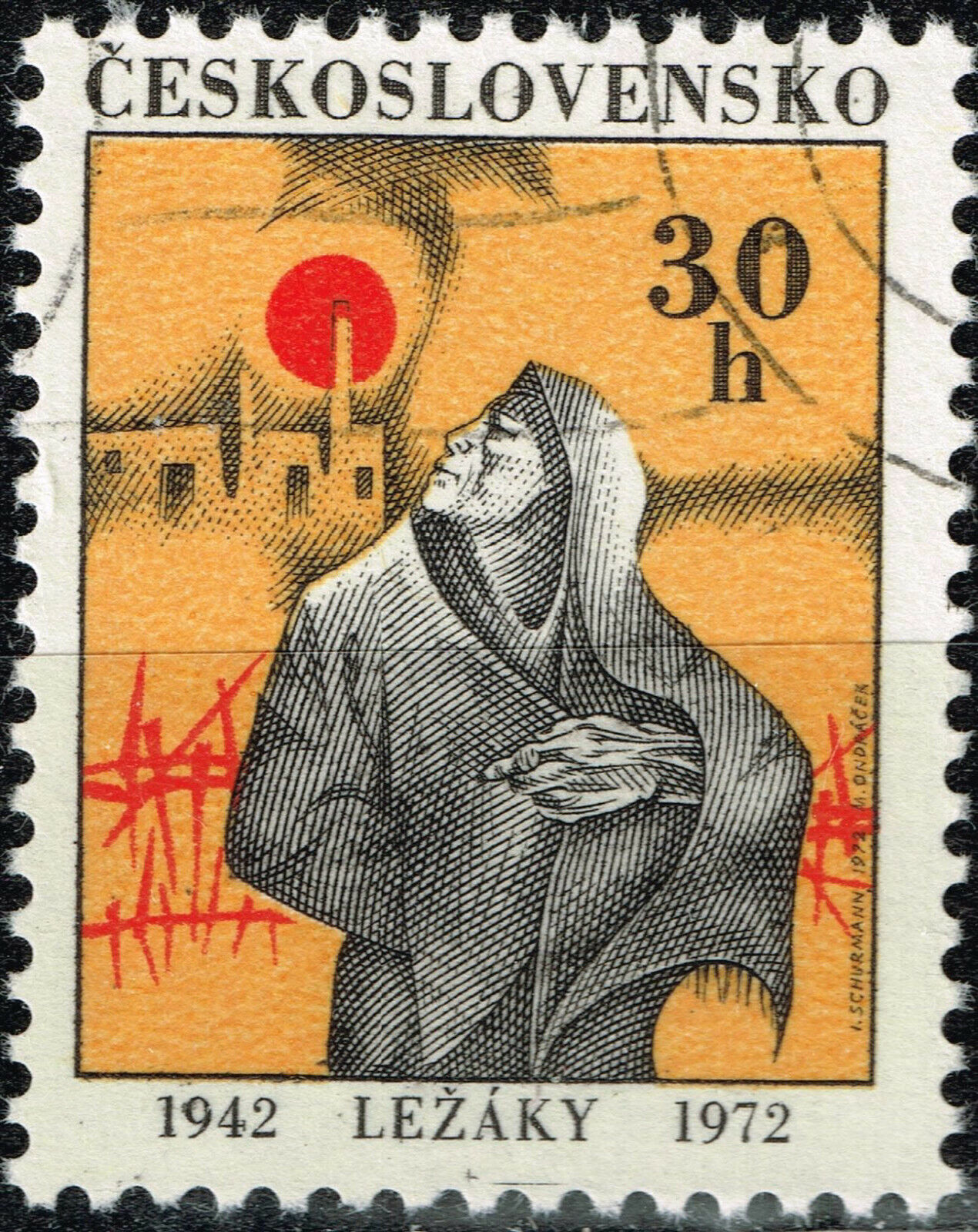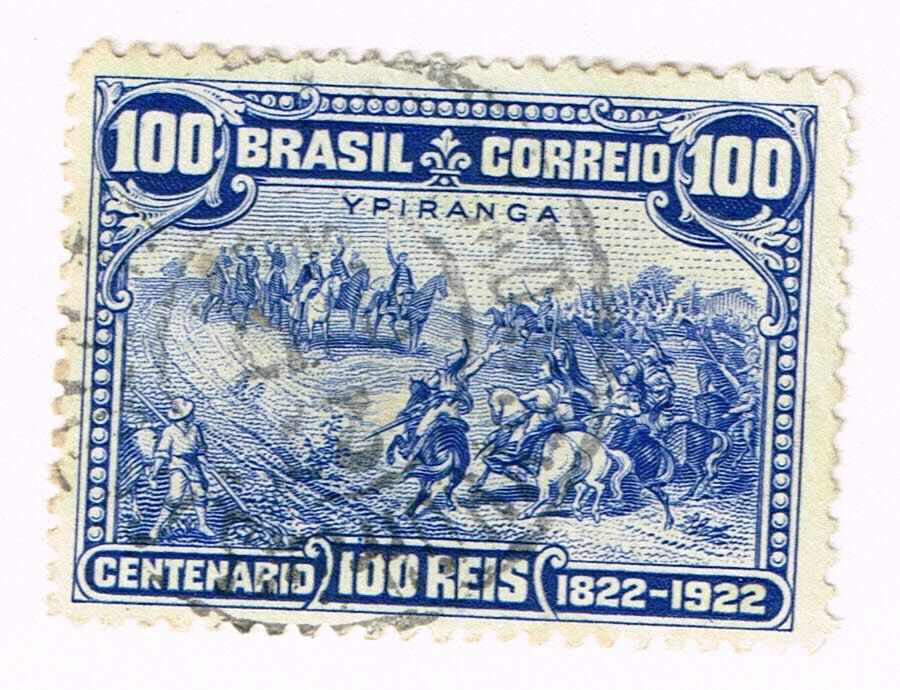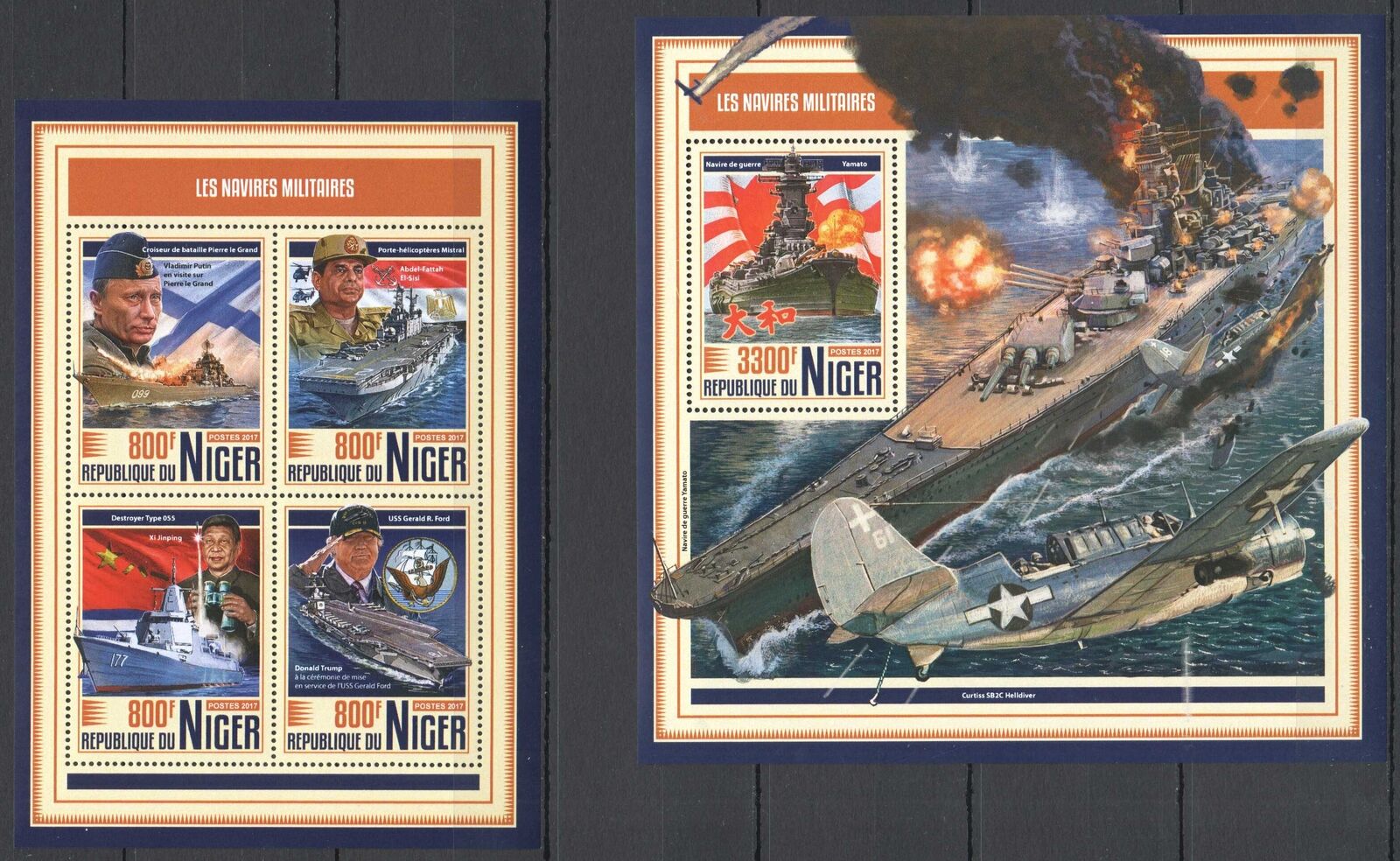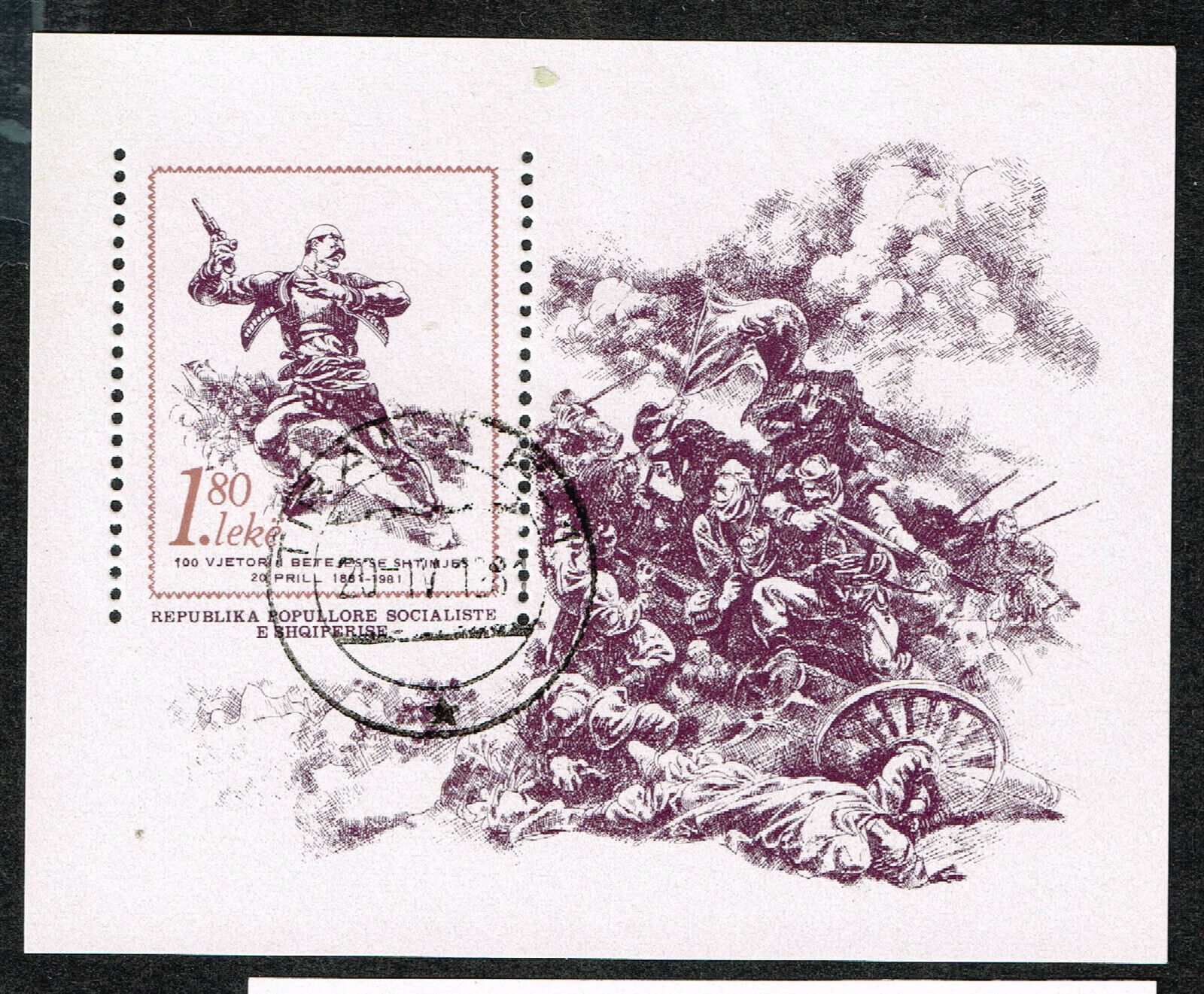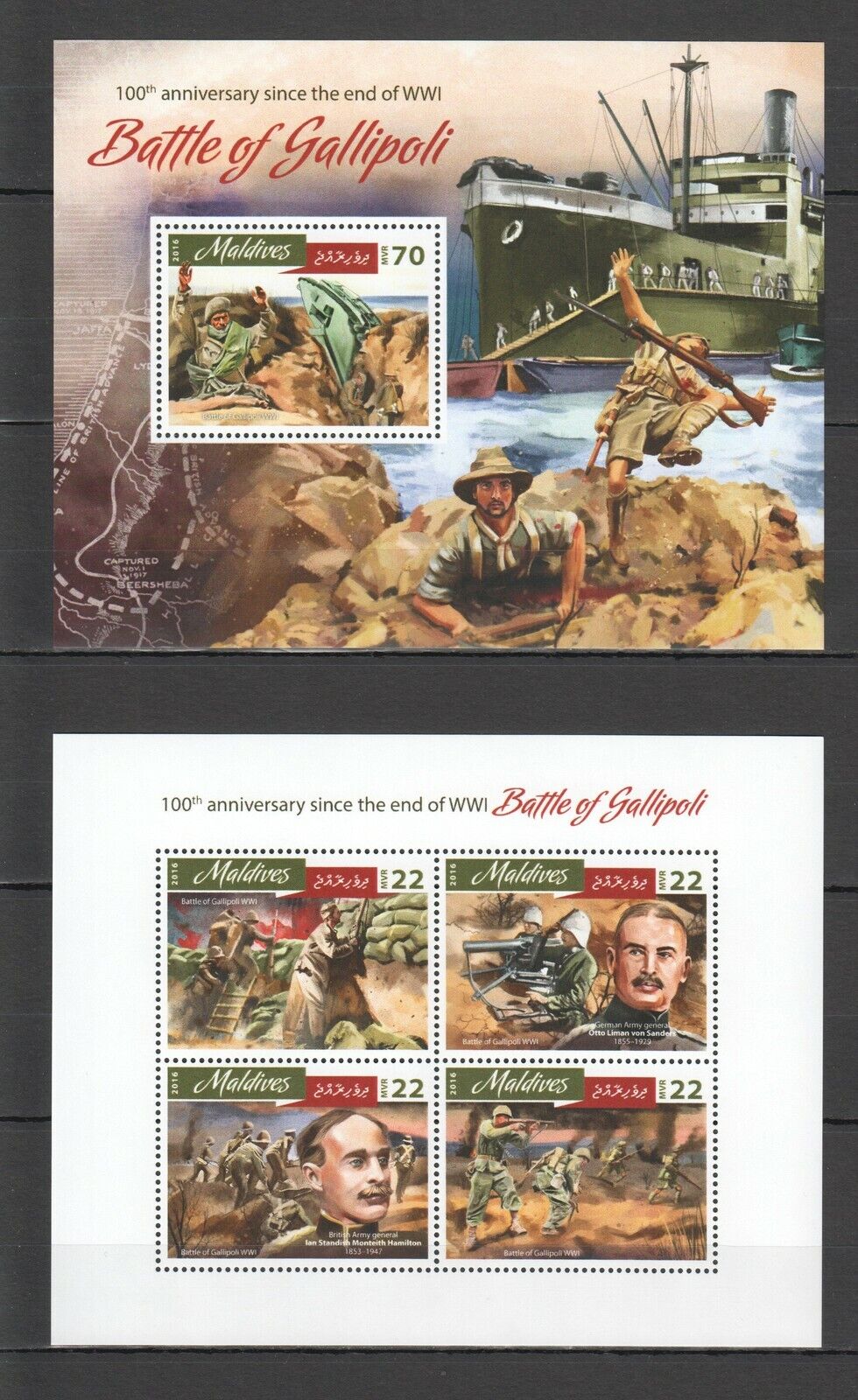-40%
Czech WW2 Destruction of Lezaky in 1942 stamp A-10
$ 2.63
- Description
- Size Guide
Description
Very nice stamp.Ležáky
was inhabited by poor stonecutters and cottagers living in eight houses near the mill. The village was named after the Ležák rivulet. Beginning 24 September 1941, SS-Obergruppenführer and General of Police Reinhard Heydrich was Acting Reichsprotektor for the Nazi Protectorate of Bohemia and Moravia. The area had been occupied by Nazi Germany since 5 April 1939. In December 1941, several Allied paratroopers were dropped into the region. Some were sent to assassinate Reinhard Heydrich in an action known as Operation Anthropoid. Another group was part of Operation Silver A. Several Ležáky residents helped the latter group by providing a hiding place for their radio set.[ On the morning of 27 May 1942, Heydrich's car was attacked by Jozef Gabčík and Jan Kubiš, Czech and Slovak soldiers acting for the Czechoslovak government-in-exile. Heydrich died on 4 June 1942. Thereafter, Gestapo agents found a radio transmitter in Ležáky which belonged to Operation Silver A. Alfréd Bartoš, the leader of resistance group Silver A, killed himself shortly thereafter. On 24 June, approximately 500 SS troops and policemen surrounded Ležáky, removed all inhabitants, and the village was destroyed. All 33 adults (both men and women) were shot. Thirteen children were spared. A 26 June press release announced the outcome. In mid-December 1943, the Ležáky ruins were removed by 65 men from Nazi work camps. Of the thirteen children, sisters Jarmila and Marie Šťulík were selected for "Germanization"; both were located and returned to their families after the war. The remaining eleven children were sent to the Chełmno extermination camp, where they were gassed in summer 1942, together with one girl from Lidice. Unlike Lidice, Ležáky was not rebuilt after the war, and only memorials remain today.
